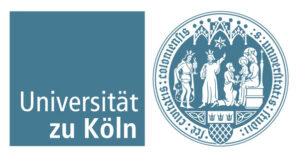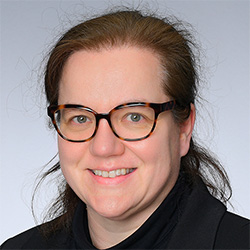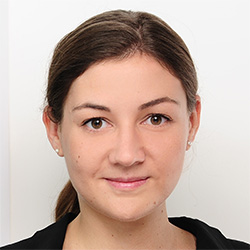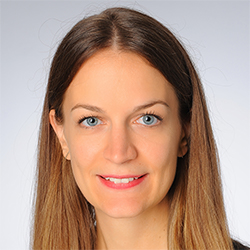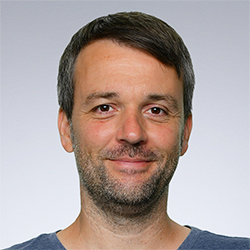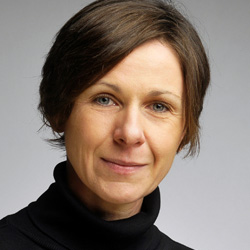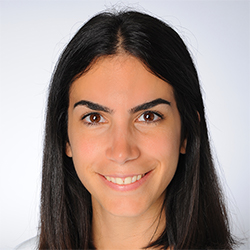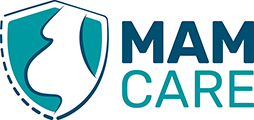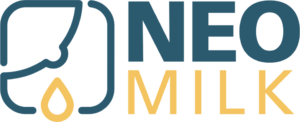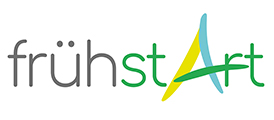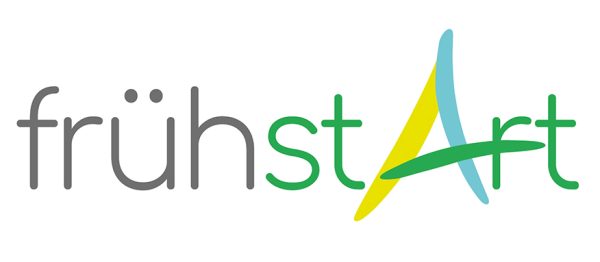Chair of Health Services Research
Short description
The Chair of Health Services Research in the IMVR was founded on 1.11.2022. The chair is home to the working group of PD. Dr. Nadine Scholten. The entire interdisciplinary team of the chair brings expertise from the fields of psychology, sociology, nursing science, health care science, health economics and others.
In our participatory research projects we use both quantitative and qualitative methods of empirical health services research. We work with primary research data, with clinical routine data, quality reports or routine data of the social insurance carriers (GKV, DRV).
We investigate medical, nursing or psychosocial care structures and processes as well as communication with patients, relatives and the care team. The research results are incorporated into concepts for improving care. The focus is on measures that
- facilitate the handling of the disease,
- improve health literacy,
- increase patient safety
- improve health-related quality of life, or
- promote social participation.
Team
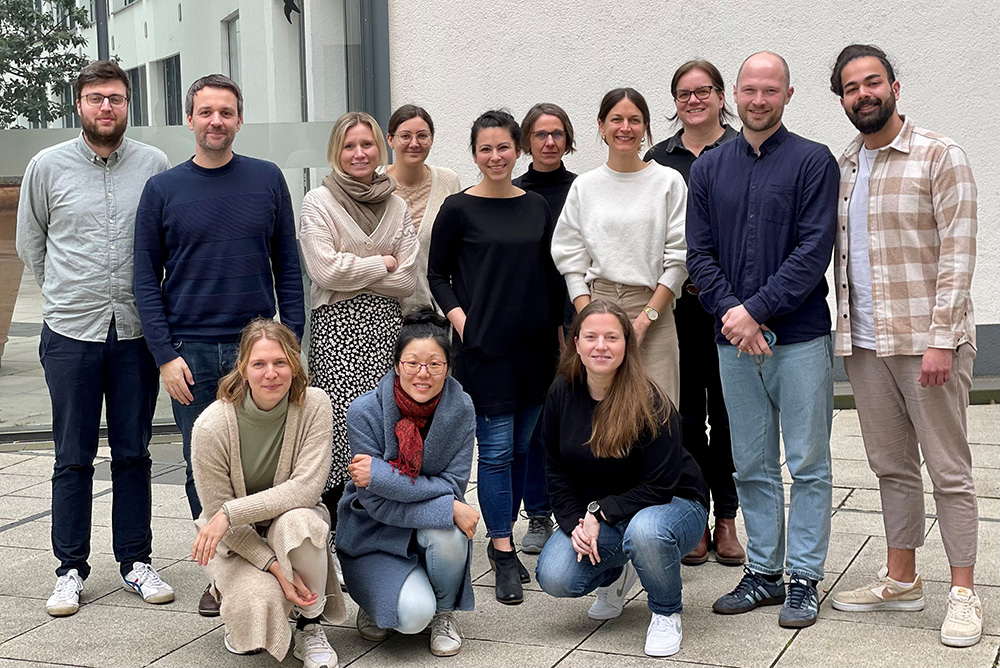

Priv.-Doz. Dr. Nadine Scholten
Working group leader “LiVe”
Dr. Kati Hiltrop
Research Associate
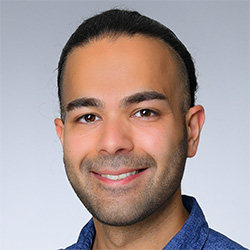
Kaan Karacan
Research Associate

Kai Keller
Research Associate
Dr. Laura Mause
Research Associate
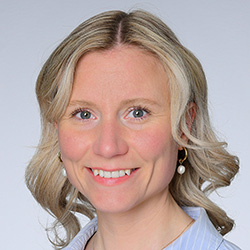
Anna Moritz
Research Associate
Dr. Tim Ohnhäuser
Research Associate
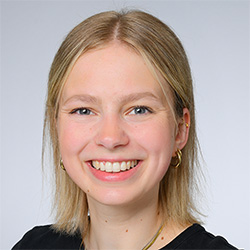
Jannika Rother
Research Associate
Dr. Isabella Schwab
Research Associate
Dr. Barbara Schellenberger
Research Associate
Dr. Barbara Schellenberger
Research Associate
Lisa Bach
Research Associate

Jannika Rother
Research Associate
